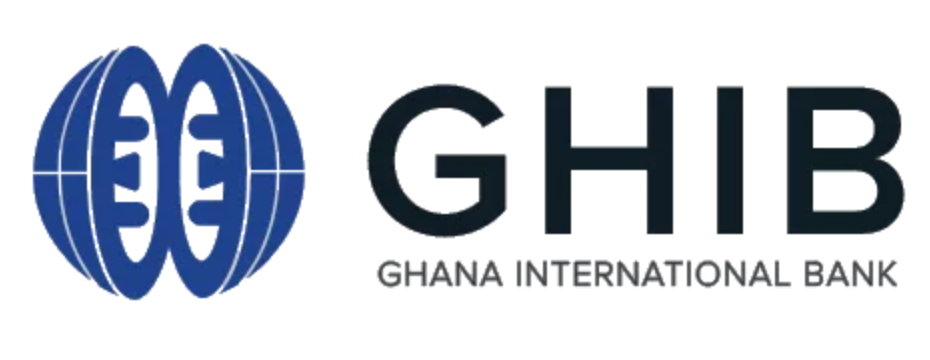Africa’s share of global trade is still less than three percent, and one of the biggest reasons is the persistent trade finance gap that leaves exporters struggling to invest in local processing. This was the warning from Dean Adansi, Chief Executive Officer (CEO) of Ghana International Bank (GHIB), during an interview with the BBC on the sidelines of the GHIB CONVERGE 2025 conference in London.
Mr. Adansi said the continent’s current export model is costing billions of dollars in potential earnings every year. According to him, the problem is structural — Africa’s capital markets remain shallow, working capital is expensive, and there is limited regulatory and infrastructure support for value-added exports.
“In many African countries, interest rates are far higher than in the West. This makes it very difficult for smaller businesses, especially those without long credit histories, to get the financing they need to export goods or even process them locally,” he explained.
Highlighting the economic impact of trade, Mr. Adansi noted that every US$1 of trade can generate a US$1.70 impact on GDP. Closing the US$80 billion trade finance gap in sub-Saharan Africa could, therefore, unlock an additional US$133 billion in economic activity every year.
To tackle this challenge, the GHIB CEO outlined a financing blueprint aimed at moving Africa’s commodity trade away from raw exports and towards value-added products. Research presented at the conference shows that raising Africa’s share of value-added exports from 14 percent to 25 percent could create over US$50 billion in extra annual revenue, while also generating millions of new industrial jobs across the continent.
Ghana’s recent progress in cocoa processing and its investments in gold refining were mentioned as proof that targeted financing can deliver results. However, Mr. Adansi stressed that financial support must be matched with infrastructure improvements. These include a reliable electricity supply, modern transport networks, and a skilled technical workforce.
In many African markets, he noted, tax systems and export licensing regulations still favour the export of raw commodities rather than processed goods. Reforming these policies could help level the playing field for local processors.
Mr. Adansi also pointed to the African Continental Free Trade Area (AfCFTA) as a major opportunity to create regional-scale processing hubs. Such hubs could serve multiple countries, improve competitiveness, and allow African producers to negotiate better prices on the international market.
Technology and transparency measures, he added, can help African processors meet global standards and build trust with international buyers. He suggested that pilot projects in specific commodity sectors could serve as test cases, proving both the financial benefits and the development potential of scaling up local processing.
GHIB, which has operated from London for 65 years, partners with local banks in West Africa to build their capacity and make them more attractive to large international lenders. This, Mr. Adansi said, is essential for bridging the trade finance gap and enabling African exporters to compete globally.
